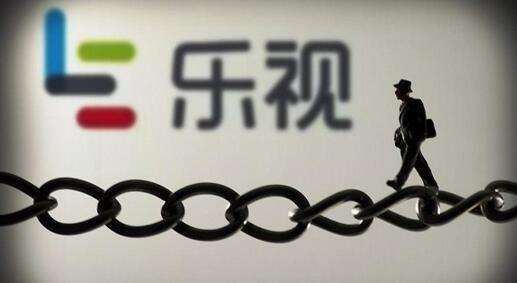Le.com, internet technology and content company founded by Jia Yueting, founder of Faraday Future (FF), reported a total debt with interest to be around RMB8 billion ($555.4 million) for the period ended September 30 during an interim shareholders’ meeting on November 19.
Le.com’s executives said the company is now preparing to respond to any potential bankruptcy and delisting requests, but didn’t elaborate.
“Our debt pressure at the moment is huge. Until the end of September, we owed our vendors and service partners over RMB5 billion,” Zhang Wei, Chief Finance Officer at Le.com, said.
Liu Shuqing, current CEO at Le.com, added that debt payment negotiations with lenders have “no substantial progress.”
LeTV Sports and Culture, a related company of Le.com, was demanded by shareholders including Wang Sicong, owner of e-sports game League of Legend’s global winner team Invictus Gaming, to buy back shares to compensate losses. LeTV said during the meeting that they would consult the law to defend minor shareholders’ rights.
“Should we lose the lawsuit with [LeTV Sports and Culture’s] debtees, we maintain the right to sue the party who shall be responsible for the disputes regarding debt charges we receive,” said Bai Bing, vice general manager at Le.com.
Le.com’s stocks traded on Shenzhen Stock Exchange responded to the news with a drop of RMB13.5 billion market value and a stock price plunge of 5.8%.
Early in July, the company identified the possibility of being delisted from the Exchange, but didn’t mention that the company was in any formal preparation for related procedures. According to the company’s expected fiscal performance for the third quarter of 2018, Le.com predicted a loss of around RMB1.5 billion (in Chinese).
Apart from debt, Le.com attributed the huge expected loss to “big decline” in the company’s revenues in business segments including advertising, hardware products, and content subscription. The company also urged Jia Yueting, who is currently outside China, to come back and pay back debts to protect shareholders’ rights and ease the company’s liquidity pain.
– This article originally appeared on TechNode.







